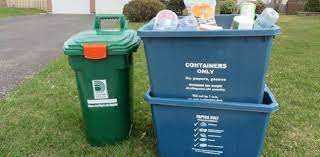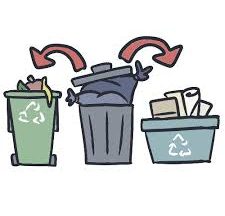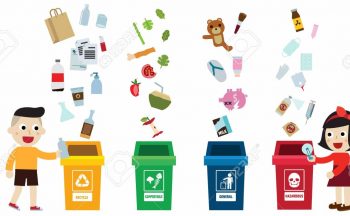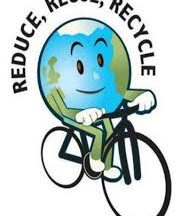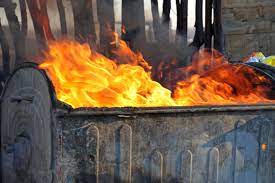 September 2021
September 2021
Toronto’s recycling program may be on the verge of collapse. At the very least it is going in the wrong direction and proving unsustainable.
For years the blue box program for accepting recyclables of all types depended on our ability to ship them elsewhere for sorting and recycling. Today, countries that once accepted these items are refusing to do so.
The economics behind our recycling programs are flawed. The cost of delivering, sorting and cleaning materials destined for recycling exceeds its value. Municipalities are unable to recover their costs from current recycling by finding buyers for these materials. This is expected to impact on condo building recycling programs.
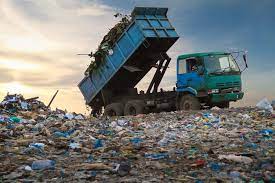 There is no active solution for handling materials to be recycled in an environmentally friendly manner. Early successes in the 1970s and 1980s have been overwhelmed by widespread adoption and a saturated market. Recycling programs continue to grow without anyone interested in accepting or recycling these materials.
There is no active solution for handling materials to be recycled in an environmentally friendly manner. Early successes in the 1970s and 1980s have been overwhelmed by widespread adoption and a saturated market. Recycling programs continue to grow without anyone interested in accepting or recycling these materials.
Toronto’s recycling program, in which condo communities participate, accepts all types of material including single-use plastics. Our “single-stream” system allows people to put more items into the system increasing both participation and contamination. Nobody has figured out how to efficiently remove contaminated items from the system. Cardboard with grease, food waste or wax coatings are not recyclable. Certain plastics can be harder to recycle into new products. The list of problematic single-use plastics includes foam egg cartons, takeout food containers, meat trays and cutlery. Much of this ends up in the trash because they are unclean or out of convenience.
Canadians generate about 850 kilograms of waste per person each year and recycle about a third of it. In 2016 only nine percent of plastics in Canada were recycled. A 2017 paper on the life cycle of plastics found 80 percent of all plastics ever produced reside in landfills or the natural environment (source; Science Advances, 2017).
Horror stories abound. A dead whale washed ashore in Italy carrying a dead fetus plus 22 kilograms of discarded plastic in its stomach including bags, plates, electrical tubes and a laundry detergent package.
Canadian recyclers are refusing to accept material from municipalities. Countries that have been accepting our waste and recyclable material are refusing to do so or have imposed stricter requirements. Manilla demanded Canada take back more than 100 shipping containers containing unsorted trash. These containers were sent to Manilla six years earlier labeled as containing plastics.
Recyclables in our municipal collection and sorting systems, including what comes from condo buildings, are no longer recyclable. With nowhere to ship material intended for recycling, North American cities have begun warehousing, landfilling and burning recyclables. Incineration, with its negative environmental impact, is being used once again by some cities and waste management companies.
Toronto’s revenues from selling recyclables are half of what was expected while processing costs have increased by millions of dollars. At times Toronto is paying someone to accept recyclables rather than selling them.
Environmentally friendly technologies are available in place of sorting, bundling and transporting material for recycling. They offer a more sustainable solution to recycling at a cost most are unwilling to accept at this time.
Blue Box Sins
- Hoses, electrical cords, wire and similar items that can get tangled in sorting equipment
- Paper or plastic contaminated with grease, food or wax coating including many paper cups and food packaging material
- Plastics that crinkle including chip bags and candy wrappers
- Clothing, toys (even when made of plastic), stuffed animals, wood
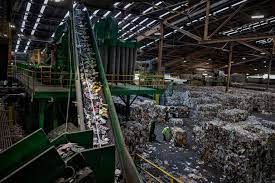 For more information see Wish Recycling in the Condo Archives.
For more information see Wish Recycling in the Condo Archives.


